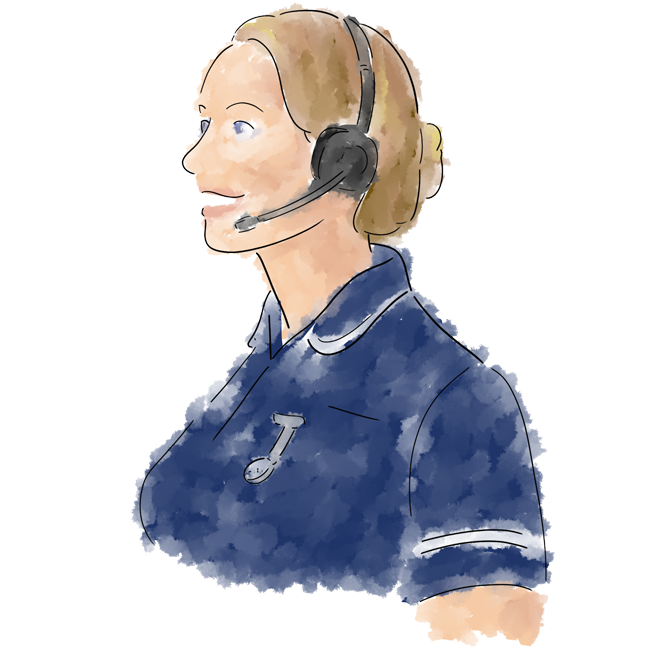What does early labour feel like?
You are likely to experience some contractions in early labour. For some women these contractions can be painful, other women don’t feel much at all. Both of these experiences are normal but if you are unsure as to what you are feeling, please call the Labour Line for advice.
You may experience period-like cramps or backache. This is a normal part of early labour. If you have any concerns or questions about what you are feeling, please call the Labour Line for advice.
You may have some time having regular contractions in early labour and then some time where they become less regular or even stop completely. This is normal and is part of your body’s preparation for going into active labour. If you have any questions or concerns about your contractions you should call the Labour Line for advice.
Let's Talk: What does it feel like to be in early labour?

You may see some clear, pinky or blood-tinged mucous (also referred to as a show or your mucous plug) this is normal and is your cervix beginning to make some changes. However if you experience any blood loss that is more than this, or is not with mucous, it is important you call the hospital immediately for advice.
Your waters may break during early labour. This may be experienced as increased dampness or may happen with a big, obvious gush of fluid. Either way, if you believe it is possible your waters may have broken, it is important you call Labour Line for advice. It is useful to keep any pads or underwear you have been wearing to show the midwife – we are used to seeing everything so please don’t be embarrassed about these things!

If you notice your baby is moving less than usual, or there's a change in the pattern of movements, it is important you call the hospital to speak to a midwife as this can be the first sign that your baby may be unwell.
You can always call the Labour Line for advice, information or assistance about anything you may experience during labour.




